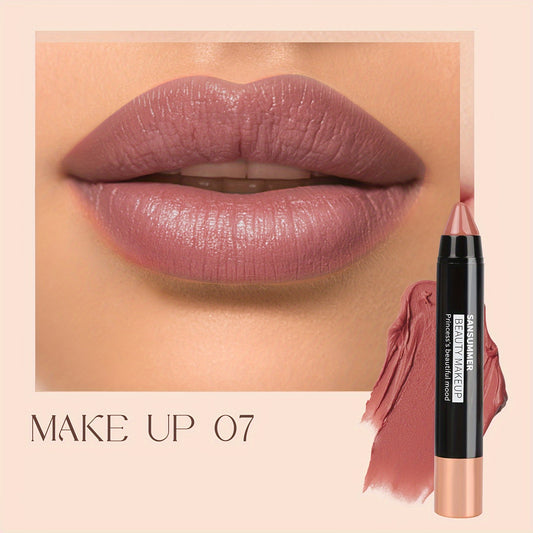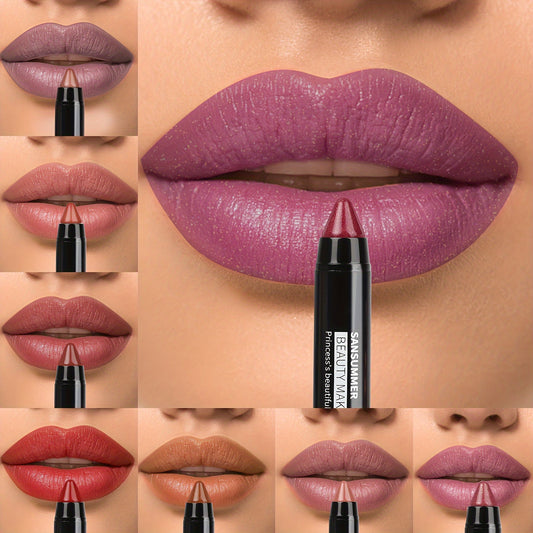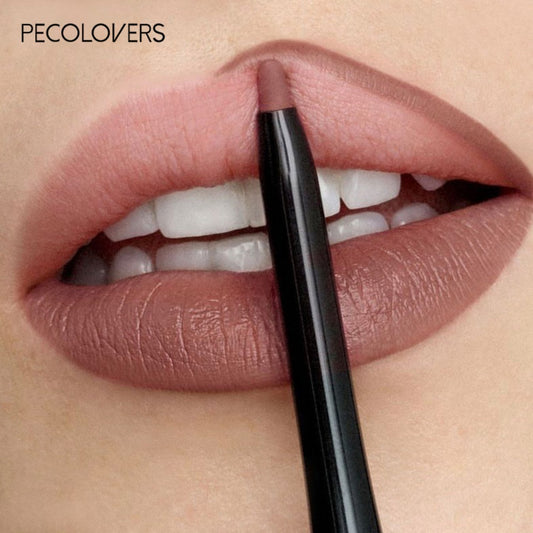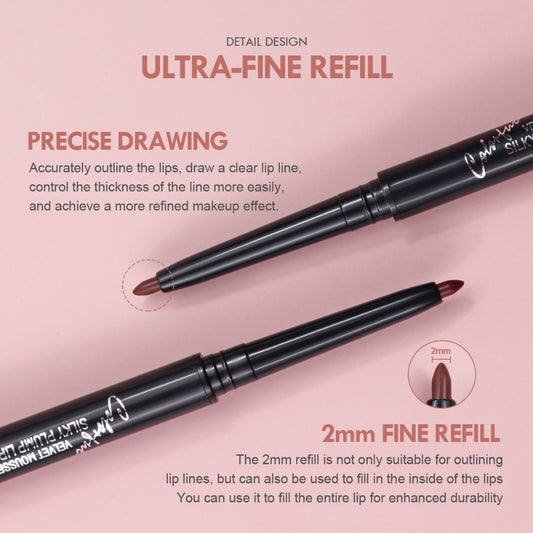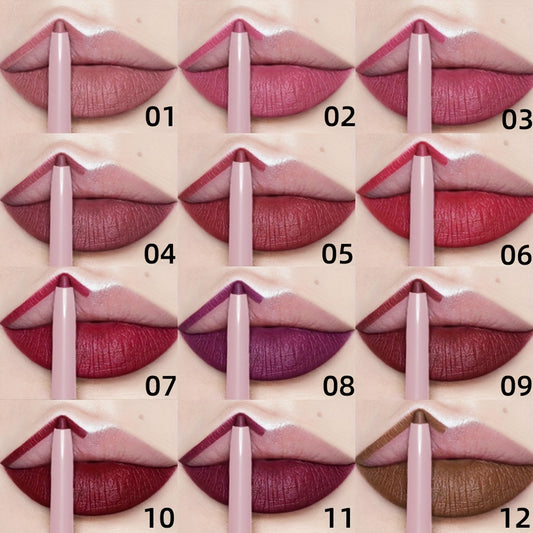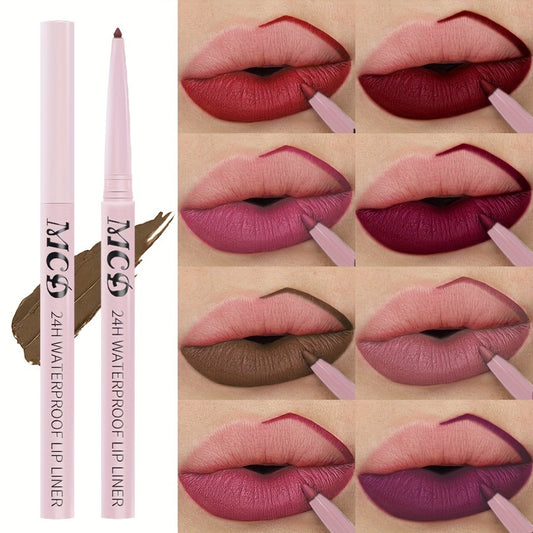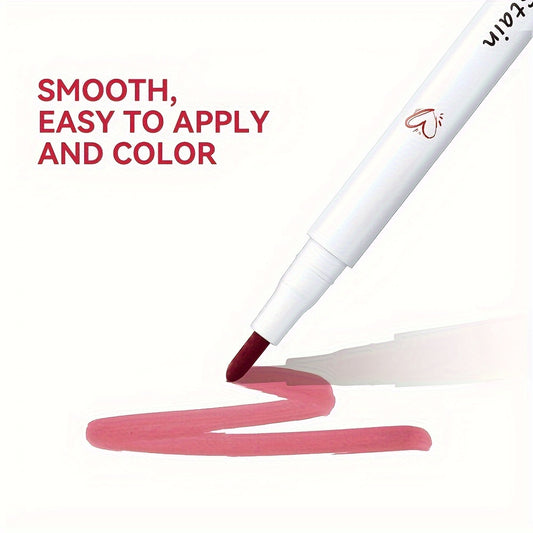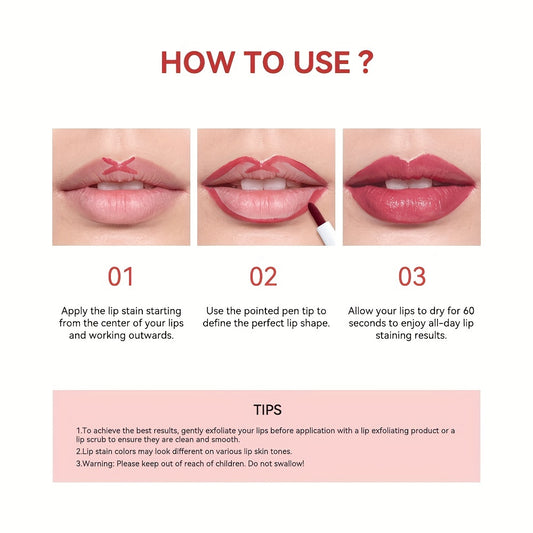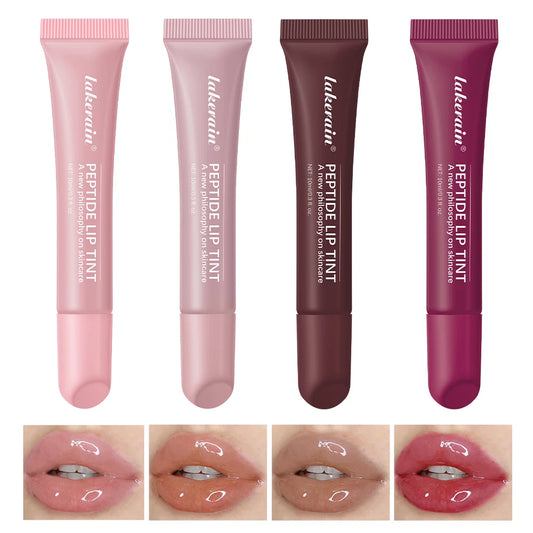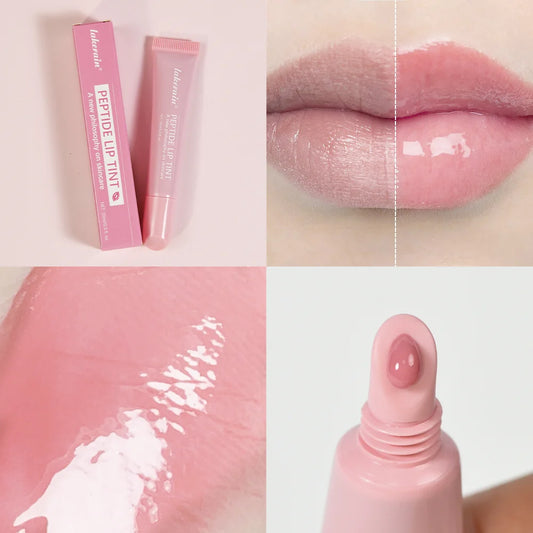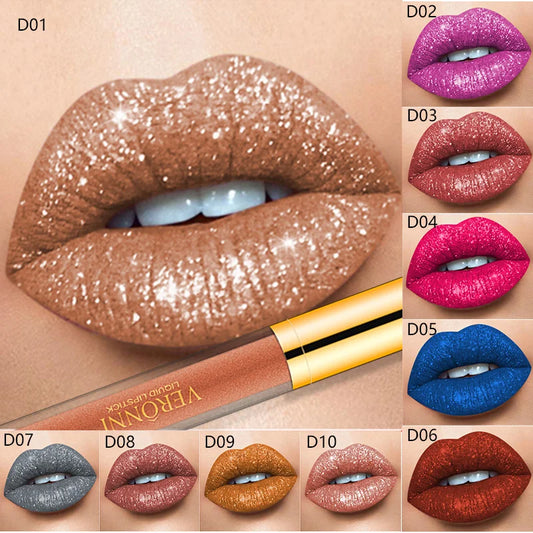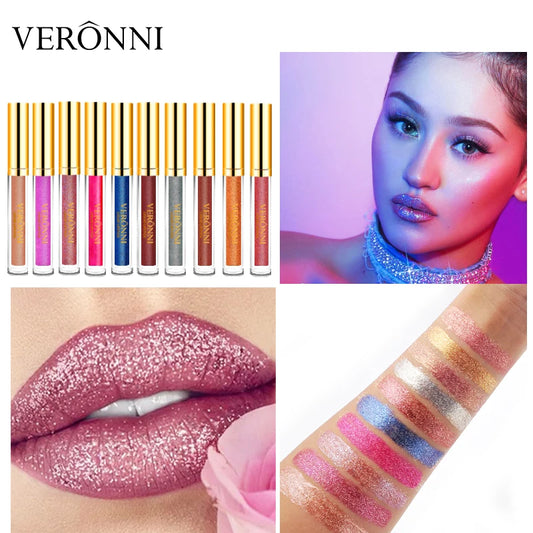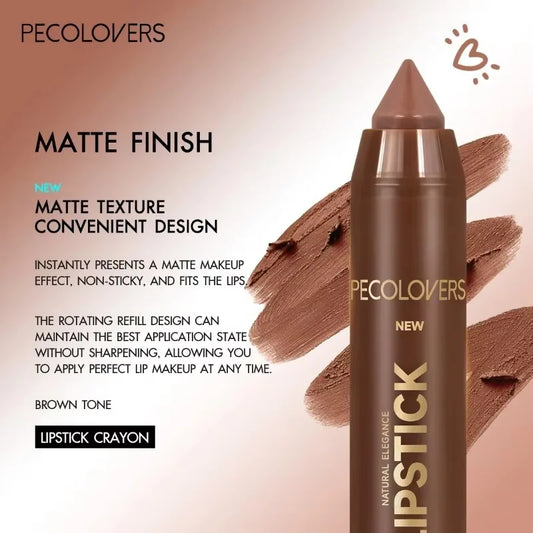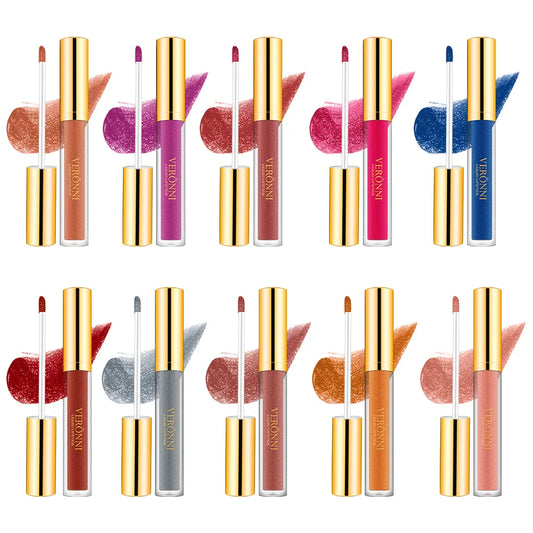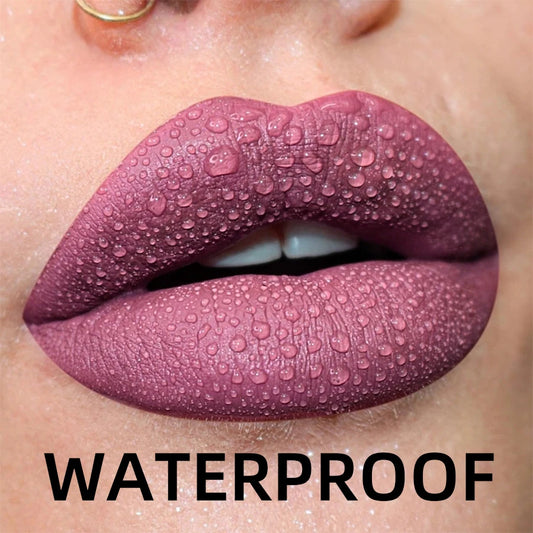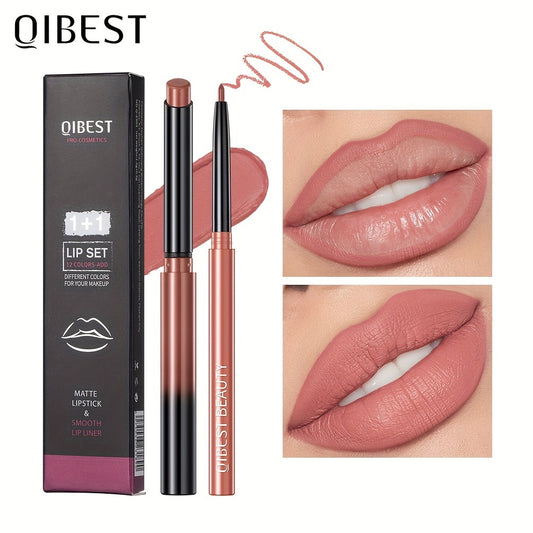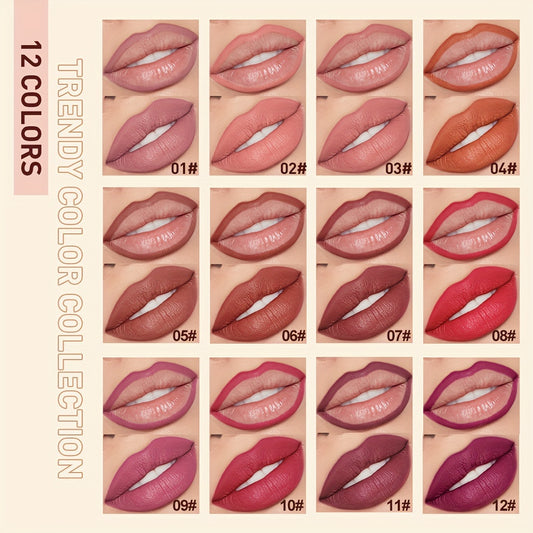Expert Dermatologist Insights on Dark Lips Treatment and Causes
Share
Have you ever looked in the mirror and thought your lips seemed a bit darker than usual? It happens to a lot of us, and it's not just about how you look; it can sometimes point to what's going on inside. Whether it's from too much sun, something you're eating, or even just a habit like licking your lips, the color of your lips can change. We're going to break down why this happens and what you can do about it, including when it's time to see a professional for dark lips treatment by dermatologist.
Key Takeaways
- Dark lips can be caused by many things, like sun exposure, smoking, hormonal changes, and even certain products you use.
- Melanin is the pigment that gives skin its color, and when its production increases due to triggers, lips can darken.
- Seeing a dermatologist is a good idea if your lip color changes suddenly or if you're looking for effective, safe solutions.
- Professional dark lips treatment by dermatologist includes options like laser therapy, chemical peels, and specialized topical agents.
- Combining professional treatments with healthy lifestyle changes, like staying hydrated and protecting your lips from the sun, helps maintain results.
Understanding The Causes Of Dark Lips

Ever looked in the mirror and thought, 'Wow, my lips seem darker than usual'? You're definitely not alone. This darkening, often called lip pigmentation, can pop up for a bunch of reasons, and it's not always just about what you put on your lips. It's more like a little signal from your body about what's going on, both inside and out. Let's break down some of the most common culprits so you can get a better handle on why your lips might be changing color.
Sun Exposure And Environmental Factors
Think of your lips like any other part of your skin – they can get damaged by the sun. Because the skin on your lips is so thin and delicate, it doesn't have much natural protection. When you spend a lot of time in the sun without any protection, those UV rays can really mess with the pigment-producing cells in your lips. It's kind of like how you get a tan or even sunspots on your face; the same thing can happen to your lips, making them gradually darker over time. It's not just direct sun, either. Pollution and other environmental stuff can also play a role in irritating your lips and causing them to darken as a reaction.
Lifestyle Habits And Their Impact
Some of our daily habits can really take a toll on our lip color. Smoking is a big one. The heat and chemicals in cigarettes can irritate the delicate lip tissue, and your body's response to that irritation can be to produce more pigment. It's like a defense mechanism, but it ends up making your lips darker. Even just licking your lips a lot can cause problems. When you lick your lips, you're actually removing their natural moisture, which can lead to dryness and irritation. Then, your lips might darken as a way to protect themselves from that constant irritation. Biting your lips is another habit that can cause similar issues.
Hormonal Influences And Genetics
Hormones are powerful little things, and they can definitely influence lip color. Things like pregnancy, your monthly cycle, or even taking certain birth control pills can cause shifts in your hormone levels, like estrogen and progesterone. These changes can sometimes signal your body to produce more melanin, the pigment that gives skin its color. This can lead to your lips looking darker, and sometimes this darkening can be temporary, similar to how some women get melasma on their face during pregnancy. On top of that, genetics plays a part too. Some people naturally have darker lips than others, and that's just how their bodies are built. If you have a naturally deeper skin tone, you might be more prone to lip pigmentation.
Allergies And Product Irritants
Our lips are pretty sensitive, and they can react to things we might not even think about. Have you ever tried a new lip balm, lipstick, or even used a different toothpaste and noticed your lips getting irritated or darker? That could be an allergic reaction or just sensitivity to certain ingredients. Things like fragrances, certain dyes, or even preservatives in lip products can cause inflammation. When your lips get inflamed, they can sometimes darken as a response. Even things like metal in jewelry that touches your lips, or certain medications you might be taking, can sometimes trigger a reaction that leads to darker lips.
The Science Behind Lip Pigmentation

Ever wonder why your lips sometimes look a little darker than usual? It's all about the science of melanin, the pigment that gives your skin its color. Think of your lips as having tiny pigment factories called melanocytes. Normally, these factories produce just the right amount of melanin to give your lips their natural shade. But sometimes, things happen that make these factories work overtime, leading to darker lips. It's your body's way of responding to different signals, and understanding these signals is key to managing lip pigmentation.
Melanin is made in specialized structures within melanocytes called melanosomes. These melanosomes are then transferred to surrounding skin cells. On your lips, the skin is quite thin, and the melanocytes are pretty close to the surface. This means any extra melanin produced is more visible, almost like ink showing through thin paper. The amount and type of melanin you have are largely determined by your genetics, which is why some people naturally have darker lips than others.
Several things can tell those melanocyte factories to ramp up production. Sun exposure is a big one; UV rays are like a direct order to produce more pigment for protection. Hormonal changes, like those during pregnancy or from certain medications, can also send signals. Even irritation from things like smoking or licking your lips too much can cause inflammation, which in turn prompts melanocytes to make more melanin as a defense mechanism. It's a complex interplay of signals that can lead to that noticeable darkening.
Two key players in this process are tyrosinase and hormones. Tyrosinase is an enzyme that's absolutely necessary for melanin production. When triggered by things like UV light, tyrosinase gets to work, kicking off the whole melanin-making process. Hormones, like estrogen, can also influence melanocytes. They can bind to receptors on these cells and essentially tell them to produce more melanin. This is why hormonal shifts can sometimes lead to more pronounced lip pigmentation, especially in certain individuals. It's a delicate balance, and when it gets tipped, you might see a change in your lip color.
Seeking Professional Dark Lips Treatment By Dermatologist

So, you've tried a few things at home, maybe some DIY masks or special balms, and your lips are still looking a bit darker than you'd like. It happens. Sometimes, the causes of dark lips run a little deeper than what a quick scrub can fix. That's when it's time to think about seeing a professional, specifically a dermatologist. They've got the tools and the know-how to really get to the bottom of things and offer treatments that actually work.
When To Consult A Dermatologist
There are a few signs that tell you it's probably time to book an appointment. If the darkening of your lips seems to have appeared out of nowhere, or if it's changed quite suddenly, that's a good reason to get it checked out. Also, if the color change is accompanied by other weird symptoms, like itching, or if you've recently started a new medication, a dermatologist can help figure out if something else is going on. Sometimes, what looks like simple lip darkening can be a sign of an underlying issue, and it's always better to be safe than sorry.
Here are some key reasons to make that call:
- Sudden or rapid change in lip color.
- Darkening accompanied by itching, burning, or discomfort.
- New or existing medications that might be causing the change.
- Pigmentation that appears uneven or has unusual patterns.
- If home remedies aren't making any difference after several weeks.
It's important to remember that your lips are sensitive skin. What might seem like a minor cosmetic issue could sometimes be a signal from your body that needs attention. A dermatologist can properly diagnose the cause and recommend the safest, most effective path forward.
The Safety Of Dermatological Procedures
When you think about professional treatments, safety is naturally a big concern. You want to make sure whatever is done is going to be good for your skin and won't cause more problems. The good news is that when you go to a qualified dermatologist, these procedures are generally very safe. They use medically approved methods and have a deep understanding of how skin reacts. They'll also tailor the treatment to your specific skin type and the cause of your lip darkening.
Here's what makes dermatological treatments safe:
- Professionally Administered: Treatments are performed by trained medical professionals who understand skin anatomy and physiology.
- Regulated Products & Equipment: Dermatologists use FDA-approved devices and prescription-strength topical agents.
- Personalized Approach: Treatments are customized based on your skin type, the severity of pigmentation, and your medical history.
- Controlled Environment: Procedures are conducted in sterile clinical settings to minimize the risk of infection.
Choosing The Right Clinic For Treatment
Picking the right place to get treatment is just as important as the treatment itself. You want a clinic that has experienced dermatologists, uses up-to-date technology, and makes you feel comfortable. Don't be afraid to ask questions before you commit to anything. Find out about the dermatologist's qualifications, what kind of results you can expect, and what the recovery process might look like. A good clinic will be transparent about all of this.
When looking for a clinic, consider these points:
- Credentials: Ensure the dermatologists are board-certified and have experience with pigmentation treatments.
- Technology: Ask about the types of lasers or other equipment they use and if they are suitable for your skin tone.
- Consultation: A thorough initial consultation where your concerns are heard and a treatment plan is clearly explained is a good sign.
- Reviews & Reputation: Look for patient testimonials or online reviews to gauge satisfaction and outcomes.
- Hygiene Standards: The clinic should maintain high standards of cleanliness and sterilization.
Advanced Dermatological Dark Lips Treatment Options
When home remedies and lifestyle tweaks just aren't cutting it for stubborn dark lips, it's time to look at what dermatologists can offer. These are more targeted approaches designed to tackle pigmentation at a deeper level. It's not about quick fixes, but about using science to bring back your natural lip color safely and effectively.
Laser Therapy For Pigment Reduction
Laser treatments work by targeting the excess melanin that causes dark lips. Think of it like a very precise light beam that breaks down the pigment. Different types of lasers can be used, depending on the depth and type of pigmentation. It usually takes a series of sessions, spaced a few weeks apart, to see the best results. Most people find it manageable, and the downtime is minimal, meaning you can get back to your day pretty quickly after a session.
Chemical Peels For Skin Renewal
Chemical peels use a carefully controlled application of acids to gently remove the outer layers of skin on the lips. This process helps to slough off pigmented cells and encourage the growth of new, lighter skin. There are various types of peels, from mild ones using alpha-hydroxy acids (AHAs) like glycolic or lactic acid, to slightly stronger ones. Your dermatologist will choose the best peel for your specific lip concerns and skin type. It's important to follow post-peel care instructions to protect your newly renewed skin.
Topical Agents And Their Efficacy
These are creams, serums, or ointments that you apply directly to your lips. They often contain ingredients known for their skin-lightening properties. Some common ones include:
- Kojic Acid: Derived from fungi, it helps inhibit melanin production.
- Arbutin: A derivative of hydroquinone, it's known for its skin-brightening effects.
- Vitamin C: A powerful antioxidant that can help lighten dark spots and even out skin tone.
- Niacinamide: Also known as Vitamin B3, it can help reduce the transfer of pigment to skin cells.
The effectiveness of these topicals can vary greatly depending on the concentration of the active ingredients and how consistently they are used. It's best to use these under the guidance of a dermatologist to ensure you're using the right product and concentration for your lips, as they are quite sensitive.
Micropigmentation For Color Correction
Micropigmentation, often referred to as cosmetic tattooing, is a more permanent solution. It involves depositing specialized pigments into the skin of the lips to create the appearance of a more even, natural-looking color. This isn't about creating a bold lipstick look, but rather about neutralizing dark tones and adding a subtle, healthy-looking hue. It's a procedure that requires a skilled technician who understands color theory and lip anatomy to achieve natural-looking results. While it can offer long-lasting results, it's important to choose a reputable provider who uses sterile techniques and high-quality pigments.
It's really important to remember that any advanced treatment for dark lips should be discussed thoroughly with a dermatologist. They can assess the cause of your lip darkening and recommend the safest, most effective treatment plan tailored just for you. Trying to self-treat with harsh products or unproven methods can sometimes make the problem worse or lead to unwanted side effects.
Integrating Lifestyle Changes For Lasting Results
So, you've been looking into ways to get your lips back to their natural, vibrant color, and maybe you've even tried a few things. That's great! But honestly, sometimes the most effective changes aren't about what you put on your lips, but what you do in your day-to-day life. It's like trying to fix a leaky faucet without turning off the main water supply – you'll be at it forever. Making some adjustments to your habits can really make a difference in the long run, helping to keep your lips looking their best.
Dietary Adjustments For Healthier Lips
What you eat actually matters more than you might think when it comes to your skin, and that includes your lips. If your diet is lacking in certain nutrients, it can show up as dullness or even changes in color. For instance, not getting enough iron can sometimes lead to paler, darker lips. It's a good idea to try and eat a balanced diet. Think about adding more:
- Iron-rich foods: Spinach, lentils, and even some nuts are good choices. They help your body make healthy red blood cells, which can improve overall lip tone.
- Antioxidant-packed fruits and veggies: Berries, bell peppers, and leafy greens are full of vitamins that fight off damage. Vitamin C, in particular, is known to help with skin brightening.
- Foods with healthy fats: Things like avocados and nuts provide essential fatty acids that keep your skin, including your lips, supple and hydrated from the inside out.
Sometimes, we focus so much on topical treatments that we forget our bodies are complex systems. What we consume directly impacts our skin's health and its ability to repair and maintain its natural color. Paying attention to your diet is a simple yet powerful way to support your skin's well-being from within.
Hydration Strategies For Lip Health
This one might seem obvious, but seriously, are you drinking enough water? Dehydration can make your lips look dry, chapped, and frankly, a bit sad. When your lips are dry, they can appear darker because the blood vessels underneath are more visible, and the skin itself can become rougher.
- Aim for consistent water intake: Don't wait until you're thirsty. Sip water throughout the day. A good target is around 8 glasses, but this can vary based on your activity level and climate.
- Carry a water bottle: Having water readily available makes it easier to remember to drink. Keep one at your desk, in your car, or in your bag.
- Limit dehydrating drinks: Coffee, tea, and sugary sodas can actually pull moisture from your body. Enjoy them in moderation and balance them with plenty of water.
Quitting Smoking And Limiting Alcohol
Okay, let's talk about the big ones. Smoking is a major culprit for dark lips. The heat from the cigarette, the chemicals, and the repetitive pursing of the lips all contribute to darkening and premature aging. If you smoke, quitting is probably the single most impactful thing you can do for your lip color and your overall health. It's tough, I know, but there are tons of resources out there to help. And alcohol? While not as direct a cause as smoking, excessive alcohol consumption can dehydrate you and affect nutrient absorption, which indirectly impacts your skin's appearance.
Sun Protection For Lips
Your lips are skin, too, and they can get sunburned and damaged by UV rays just like the rest of you. Over time, repeated sun exposure can lead to hyperpigmentation, making your lips look darker. It's not just about sunny beach days; even on cloudy afternoons, UV rays are present.
- Use a lip balm with SPF daily: Look for broad-spectrum protection (meaning it protects against both UVA and UVB rays) with an SPF of 30 or higher. Reapply it throughout the day, especially if you're outdoors.
- Seek shade: When the sun is strongest, try to stay out of direct sunlight.
- Wear a hat: A wide-brimmed hat can offer extra protection for your face and lips.
Making these lifestyle changes might seem like a lot at first, but they really do work together. Think of it as a holistic approach to lip care. When you combine these habits with gentle treatments, you're setting yourself up for much better, more lasting results.
Natural Approaches And Home Care
Sometimes, you just want to try some gentler methods at home before heading to the dermatologist. And honestly, that's totally fair. Your lips are delicate, and there are definitely ways to nurture them back to their natural color using things you might already have or can easily find.
Gentle Exfoliation Techniques
Getting rid of dead skin cells is a big part of revealing brighter skin underneath. But you have to be careful not to overdo it, especially on your lips. Too much scrubbing can actually make things worse, leading to irritation and more darkening. So, think gentle, think consistent.
- Sugar and Honey Scrub: Mix a teaspoon of fine sugar with a teaspoon of honey. Gently massage this mixture onto your lips in a circular motion for about a minute. The sugar buffs away dead skin, and the honey is a natural humectant, meaning it draws moisture in. Rinse with lukewarm water and follow up with a good lip balm.
- Yogurt and Oatmeal Paste: For a milder option, try mixing plain yogurt with finely ground oatmeal. Yogurt has lactic acid, which is a gentle exfoliant, and oatmeal is soothing. Apply this paste, let it sit for a few minutes, then gently rub it off before rinsing.
- Soft Toothbrush Method: After brushing your teeth, you can use your soft-bristled toothbrush to gently buff your lips. Just a light, circular motion is all you need. Do this a couple of times a week.
Soothing And Hydrating Ingredients
Once you've exfoliated, or even just as a daily routine, keeping your lips moisturized is key. Dry, chapped lips can look dull and sometimes even darker. Certain ingredients are like a spa day for your lips.
- Aloe Vera Gel: Pure aloe vera gel is fantastic. It's known for its soothing properties and can help calm irritation. Plus, some research suggests it might help with melanin production. Just apply a thin layer before bed.
- Almond Oil: Rich in Vitamin E, almond oil is a wonderful emollient. It nourishes the delicate skin on your lips and can help improve texture and tone over time. A drop or two massaged in nightly works wonders.
- Shea Butter: This is a powerhouse moisturizer. It creates a protective barrier on your lips, keeping them soft and preventing moisture loss. Look for pure, unrefined shea butter.
Nutrient-Rich Foods For Lip Health
What you eat definitely shows up on your skin, and your lips are no exception. Making sure you're getting enough vitamins and minerals can support overall skin health, including the color and texture of your lips.
- Antioxidant-Rich Berries: Think blueberries, strawberries, and raspberries. These are packed with antioxidants that fight off damage from free radicals, which can contribute to skin aging and discoloration.
- Leafy Greens: Spinach, kale, and other dark leafy greens are loaded with vitamins like A, C, and E, as well as iron. Iron deficiency, in particular, can sometimes lead to paler or darker lips.
- Healthy Fats: Foods like avocados, nuts, and seeds provide essential fatty acids that keep your skin (including your lips) hydrated and supple from the inside out.
Remember, consistency is more important than intensity when it comes to home care. You're not trying to strip your lips, but rather nurture them back to health. Be patient with the process; natural changes take time, but they are often the most sustainable.
Looking for simple ways to keep your lips feeling great? You don't always need fancy products. Sometimes, the best solutions are right at home. Discover easy tips and tricks for soft, healthy lips. Visit our website to learn more about natural ways to care for your lips and find out which simple remedies work best.
Wrapping Up: Your Path to Healthier Lips
So, we've talked about why lips might get darker and what you can do about it. It's not always a simple fix, and sometimes it's just how your skin is naturally. But if it's bothering you, there are options. Whether it's changing up your habits, trying some gentle home remedies, or seeing a dermatologist for professional treatments, the key is to be patient and consistent. Remember, protecting your lips from the sun and staying hydrated are good steps for anyone. If you're unsure about what's causing your lip darkening or which treatment is best, chatting with a skin doctor is always the smartest move. They can help figure out the best plan for you, keeping safety and your specific skin type in mind.
Frequently Asked Questions
What makes my lips turn dark?
Lots of things can make lips darker! Sometimes it's from too much sun, like getting a sunburn on your lips. Other times, it's from things you do, like smoking or licking your lips a lot. Your body's natural color-making stuff (called melanin) can also change because of hormones or just what your parents passed down to you. Even using certain lip products or having allergies can cause them to darken.
Is it safe to get my dark lips treated by a doctor?
Yes, it's generally very safe when a trained skin doctor (dermatologist) does it. They use special tools and methods that are tested and approved. They'll make sure the place is clean and safe, and they'll pick a treatment that's right for your skin type to avoid any problems.
How do doctors make dark lips lighter?
Doctors have a few cool ways to help! They might use lasers that gently break down the dark color. Another option is chemical peels, which are like a special facial for your lips that removes the top dark layer. They can also give you special creams to use that help lighten the skin over time.
Can I make my lips lighter at home?
You can try some gentle things at home. Gently rubbing your lips with a soft brush or a sugar scrub can help remove dead skin. Using lip balms with ingredients like shea butter or aloe vera can keep them soft and hydrated. Some natural things like honey or beetroot juice might help a little, but don't expect huge changes.
How long does it take to see results from treatments?
It takes time! If you're using home remedies, you might see small changes in about a month or two. Professional treatments from a doctor usually work faster, maybe in a few weeks. Remember, your skin is always changing, so be patient and stick with it.
Does what I eat affect my lip color?
What you eat can play a part! If you don't get enough vitamins, especially iron or B12, your lips might look darker or dull. Eating healthy foods with lots of vitamins and drinking enough water helps keep your skin, including your lips, looking its best.

